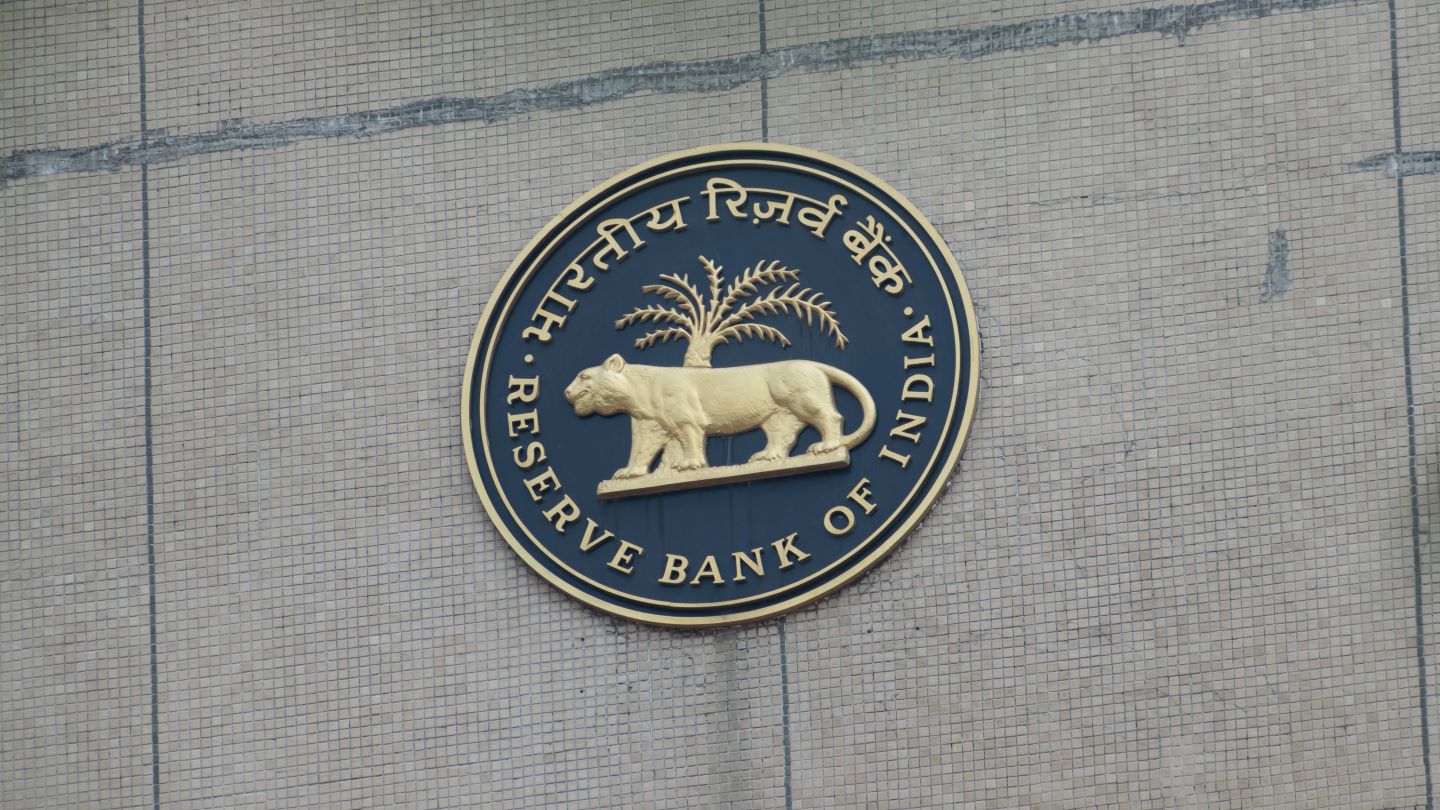
The Reserve Bank of India (RBI) has reported a rise in banking frauds during the first half (H1) of the fiscal year (FY) 2024-25, with cases increasing to 18,461.
During H1FY25, the financial implication of fraud was Rs213.67bn ($2.49bn), marking an eightfold surge from the previous year.

Access deeper industry intelligence
Experience unmatched clarity with a single platform that combines unique data, AI, and human expertise.
The RBI’s “Report on Trend and Progress of Banking in India 2023-24” highlights the performance of the banking sector, including commercial banks, co-operative banks, and non-banking financial institutions.
It indicates that frauds pose challenges such as reputational, operational, and business risks, along with potential erosion of customer confidence.
Banks reported 36,066 frauds in FY 2023-24, more than double compared with 13,537 in FY 2022-23.
The RBI noted that

US Tariffs are shifting - will you react or anticipate?
Don’t let policy changes catch you off guard. Stay proactive with real-time data and expert analysis.
By GlobalDatafor FY 2023-24, the reported fraud amount was the lowest in a decade, while the average fraud value was the lowest in 16 years.
Internet and card frauds accounted for 44.7% of the total fraud amount and 85.3% of the cases in FY 2023-24.
Private sector banks reported 67.1% of the total fraud cases in FY 2023-24.
However, public sector banks had the highest share in terms of the amount involved in card and internet frauds across all bank groups.
Penalties on regulated entities increased in FY 2023-24, except for foreign and small finance banks, with the total penalty amount more than doubling to Rs8.61bn.
The central bank said: “While many cases of digital frauds result from social engineering attacks on customers, there is also a rapid increase in the use of mule bank accounts to perpetrate such frauds.
“This exposes banks not only to serious financial and operational risks, but also to reputational risks. Banks, therefore, need to strengthen their customer onboarding and transaction monitoring systems to monitor unscrupulous activities.”
The report also addresses the issue of unscrupulous players in the digital lending space.
To combat this, the RBI is developing a public repository of Digital Lending Apps (DLAs) associated with regulated entities.
This repository will help customers verify claims of association, with regulated entities required to update it with any changes.







